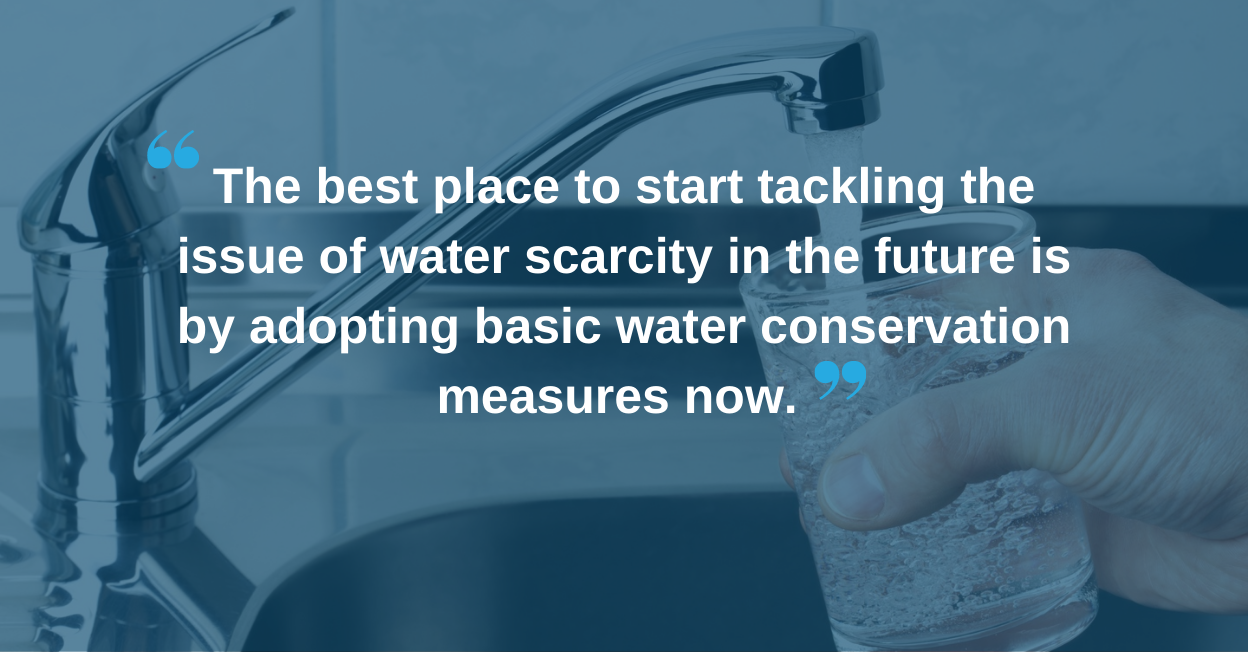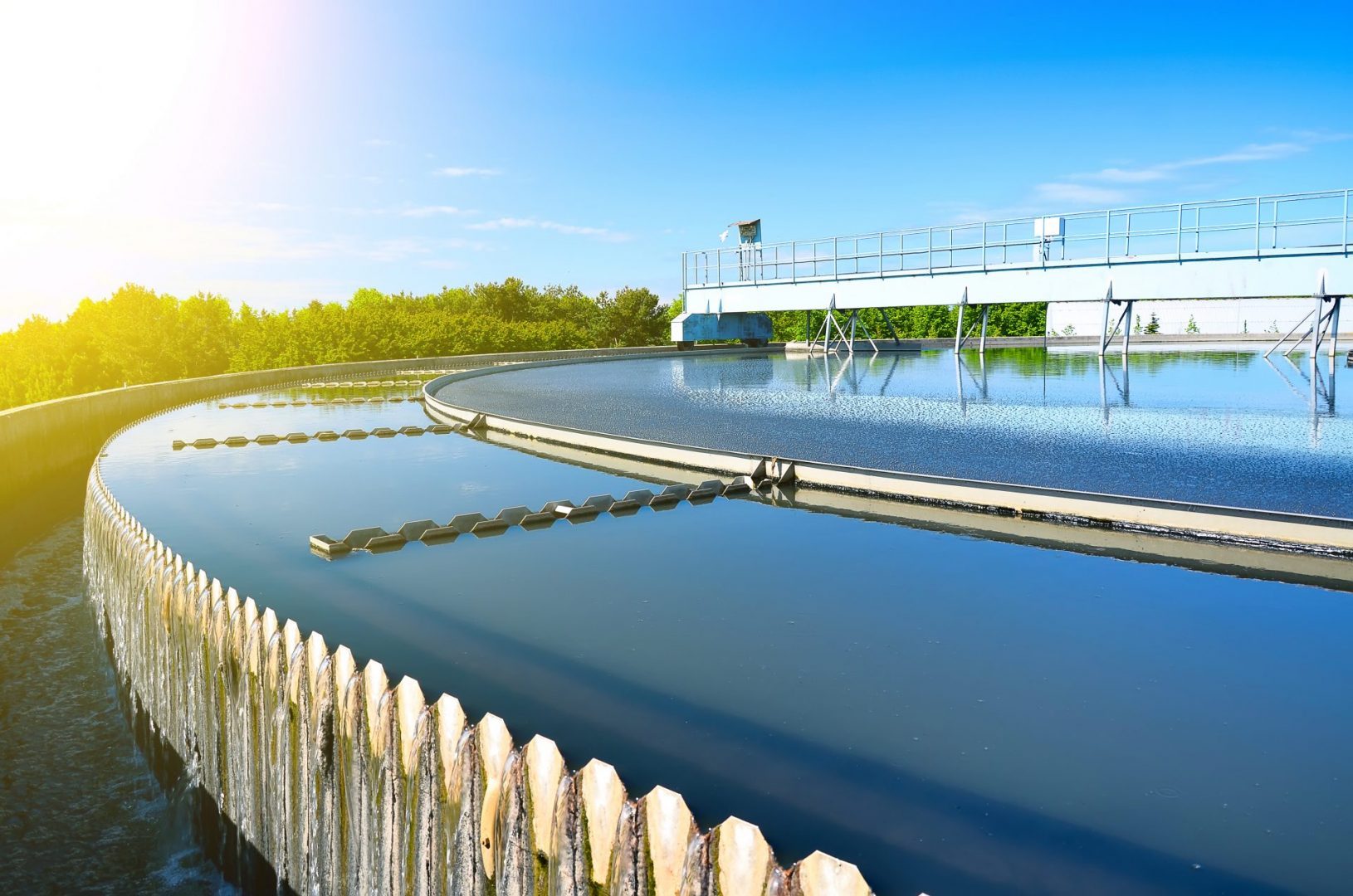
A couple of years ago now, I was talking to the caretaker of a public water supply scheme and he told me a story which I found both funny and thought provoking. I have found myself repeating the story, in order to make a point, on a number of occasions and I’ve decided to share it here.
I was talking to the caretaker and, in the brief discussion I had with him, I could tell that he was a kind man with a temperate personality. It was clear to me that he cared about his job, and that he took pride in ensuring the supply of water to the local community.
We talked about the water supply issues that the community experienced and how their spring source was vulnerable to both turbidity and water quality issues following large rainfall events. A common story in Ireland. We discussed the two shiny new boreholes which we were sinking and how, if fruitful (which they were), they would supersede the spring and alleviate much of the pressures exerted on the community during times of drought and spring outage.
He talked about the locals and their general opinions and views on their seemingly ephemeral water supply, and the common lack of understanding of their source of water.
Following that thread, he told me a story of this one time that he was working on Christmas Eve. He went to inspect the local reservoir to see how the water levels were doing prior to Christmas Day, a very water-demanding day by all accounts, for all the cups of tea that require brewing and the likes. He was alarmed to find that the reservoir was nearly empty! So being a man of action he made the executive decision to turn off the supply and allow the reservoir to recover so that all the good people of the community could enjoy a bountiful richness of water on Christmas Day.
It did not take long for his phone to start ringing. The locals were worried that the supply would be down for Christmas Day and rightly so, for how are the spuds supposed to be boiled without water? He explained that the reservoir was nearly empty and that it was refilling, and that he would return the supply to production at 5am. Some were happy with the explanation provided, some were not.
“But I won’t have any water for Christmas Day now.” One distraught member of the community proclaimed.
“You will, for I will turn the supply back on at 5am and you will have all the water you require for Christmas Day”, our good caretaker explained calmly.
“I will not. I am telling you I won’t.”, the person replied, agitated at the perceived ignorance of the man.
“I am telling you that you will. I will make sure of it.”, he replied, becoming more assertive over the matter.
“I am telling you I won’t! For the only reason I have any water at all is that I leave the taps running, so that they don’t freeze!”
… The caretaker, suddenly aware of a major contributor to his dwindling reservoir, slightly at a loss for words explained to the person,
“… you can’t be leaving your taps running… is it any wonder the reservoir is nearly empty?”.
“Sure why can’t I?” the person exclaimed, “everyone else on my road leaves theirs running too!”
In an age of increasingly ambitious mega engineering endeavours and solutions, which are very important in their own right, it is important not to lose sight of the significance of cultural engagement and discussion around our water systems in Ireland, and how we engage with water usage as a society in our daily life. Water resources in Ireland are expected to ever-increasingly strain and struggle in the face of climate change, a growing population and a host of other factors. The best place to start tackling the issue of water scarcity in the future is by adopting basic water conservation measures now. The key to widespread water conservation practices lies in the public education about the grand and complicated journey water takes to get from the sky to our environment, to our infrastructure and ultimately to our taps… whether they’re on or off.



